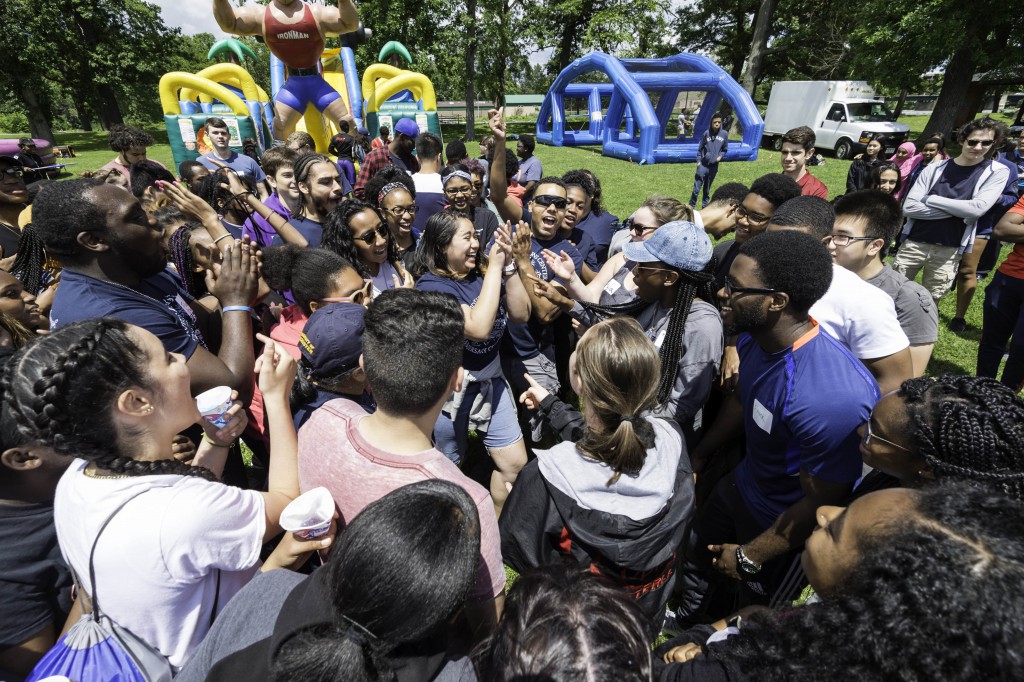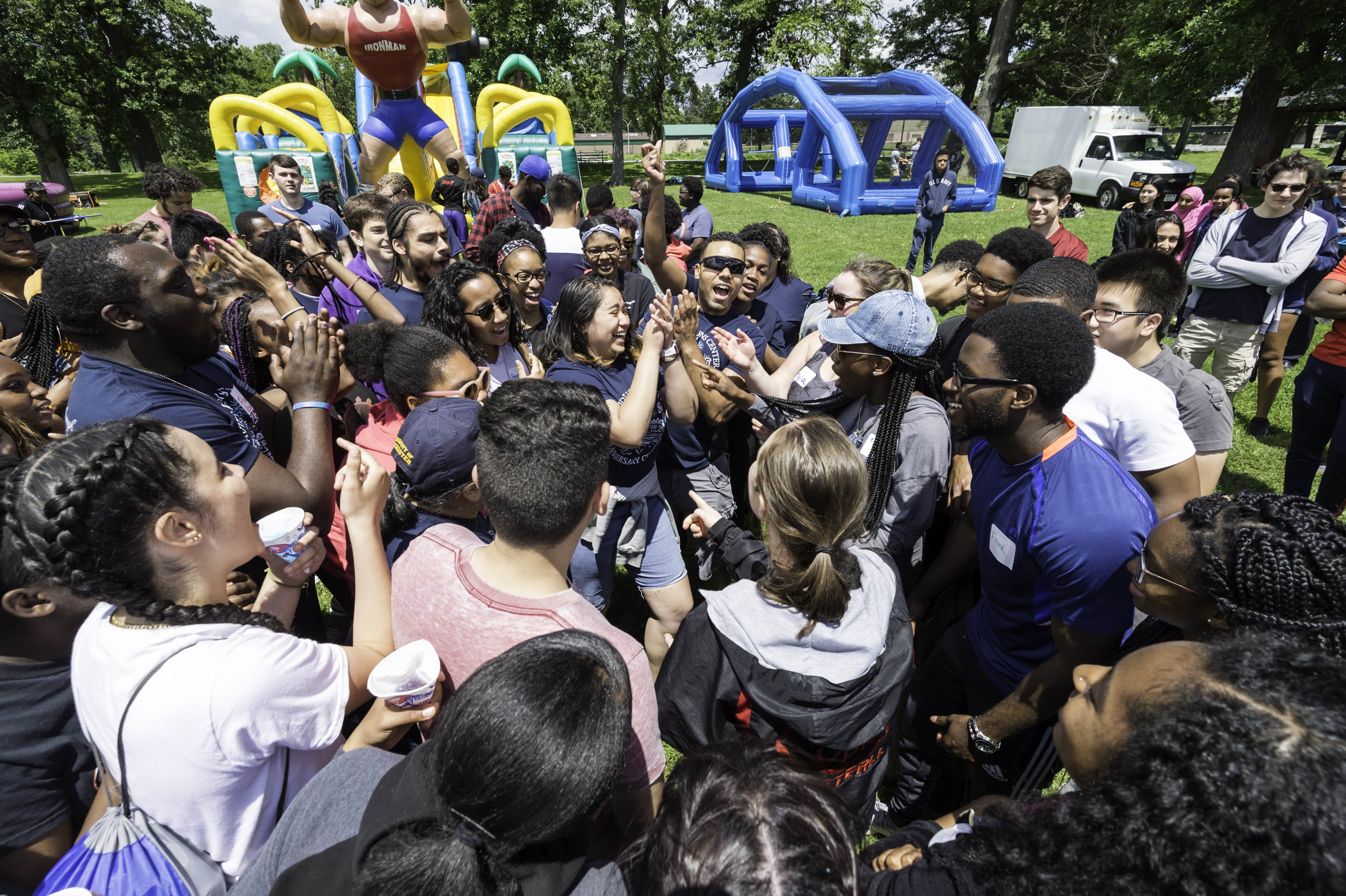by Zachary Powell, Pre-College Programs instructor, “Reading and Writing Flash Fiction”
Zachary Powell has taught high school for seven years and at the college level for three. During this time, he taught speech, film, academic and creative writing, and reading. Currently, Zachary is a PhD student in film, is a writing consultant in Rochester’s Writing Center, and introduces films at the Dryden Theater.
As an educator, I have taught both college first years and high school seniors. From this vantage point, I have witnessed first-hand how the transition of entering higher education is challenging and overwhelming for some students. Often, this is because the familiarity is stripped away: familiar classmates, teachers who know names of siblings and parents, and well-known environments are replaced by the wide lawns of campuses and their many-chaired lecture halls. Grading changes as participation is lowered and exam and essay scores become the main factor in final calculations. Homework becomes more about the learning, less about a score. All this goes to say, having a window into this world can help a student prepare for this often-scary leap.

In the Pre-College Programs course, Reading and Writing Flash Fiction, we will use our two weeks to focus on how literature is taught in a college classroom and work through the writing process. This process is vital for navigating the rigors of college writing. Many a struggling student have written a paper the night before it was due under panic-inducing fear and stress, but they don’t have to.
Student writers often produce better products when lengthening and planning their writing process over several weeks. We will mimic this process in the time provided. Additionally, we will take on some of the qualities of a college creative writing course. More and more contemporary writers gain their literary chops in such courses. They are a challenging format, but they are a format that produces growth and understanding of how to mature as an artist in the medium of words and story.
And who doesn’t love stories? With the ever-quickening pace of life as well as the demands of the twenty-first century, storytelling has gotten shorter while remaining just as powerful. The ability for a two-page story to evoke an entire world, to give its reader pause, to keep them coming back, to evoke intense emotion—this is no easy task. Yet, time and again writers have done so.
Take George Saunders’s “Sticks,” a two-paragraph story we will read in this class, which tells of the narrator’s father’s life and the sadness of his end—all through the man’s roadside decorations exhibited at the end of his driveway. Using the collection Flash Fiction Forward, we will have eighty other stories to pick from as fantastic examples.
If you should find yourself in this class this summer, prepare for the talent and the ease such writers display in this short storytelling format. Prepare for it to be harder than it looks. Prepare to grow and mature as a writer with a process. Prepare yourself for college.

